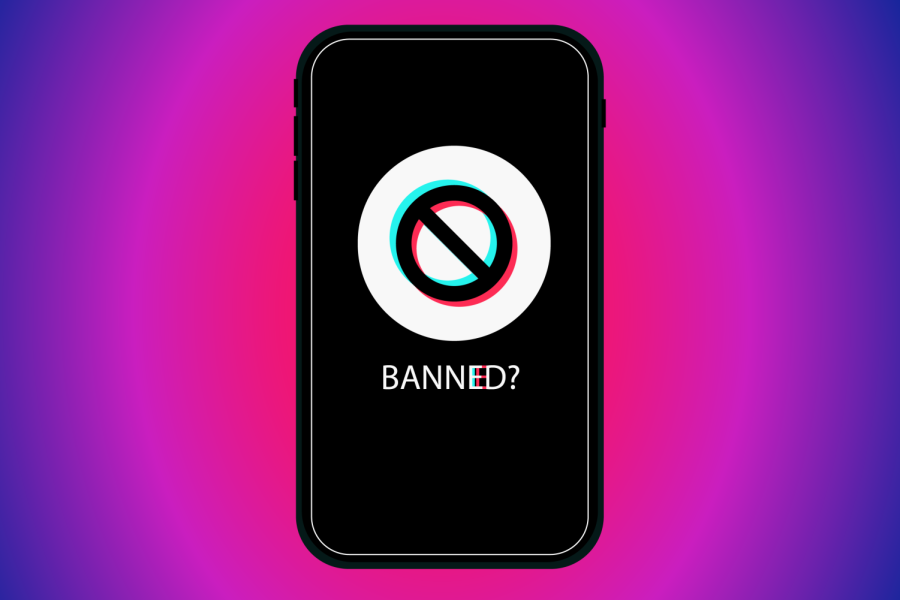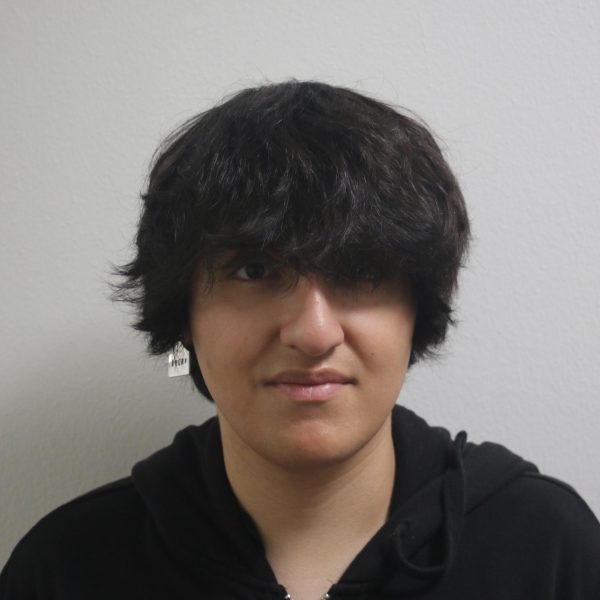TikTok banned from college networks
February 14, 2023
TikTok is now banned on all Dallas College campus networks following an order by Gov. Greg Abbott.
A collegewide employee email on Feb. 13 announced the ban, instructing all employees to uninstall TikTok on any college-issued devices and cease posting on official TikTok accounts. The college is developing a network restriction to enforce the ban.
Abbott unveiled a statewide plan on Feb. 6 to ban TikTok on the networks of state agencies and higher education institutions. He cited national security concerns due to data harvesting and surveillance by the Chinese government.
“It is critical that state agencies and employees are protected from the vulnerabilities presented by the use of this app and other prohibited technologies as they work on behalf of their fellow Texans,” Abbott said.
A ban was first ordered on state-issued devices in December, but the governor has since moved to codify “necessary cybersecurity reforms” during the ongoing legislative session.
Before Feb. 13, Dallas College didn’t express interest in a TikTok ban but was “actively monitoring communications from the governor’s office,” according to Chief Risk Officer David Williams.
That position has changed, and the college is following other higher-education institutions such as Texas A&M and the University of North Texas, which issued bans of their own even before the Feb. 6 statement.
Some Dallas College students say they are displeased by the idea of a network ban.
“It makes me feel like we don’t have any sense of freedom,” psychology major Nicole Cruz said. “TikTok gives us the right to express our creativity.”
Cruz posts TikTok videos about her favorite songs and gives music recommendations. She uses the app over other social media platforms because of its immersive content and relaxed copyright policy.
“I feel like with any social media, we’re going to be watched at any point, any time,” Cruz said.
TikTok bans have sprouted up in 27 states. A ban on federal-issued devices was rolled out in December, citing the same concerns as Abbott’s.
The app’s privacy policy states that it collects information such as IP addresses, keystrokes and location data among other information. However, where other apps may collect user data for targeted advertising, TikTok, and more specifically its parent company ByteDance, is subject to Chinese national security data audits.
“Unlike other platforms like Facebook, TikTok is owned by a Chinese company and therefore is not subject to the same U.S. privacy laws used to safeguard user information,” Williams said.
The app’s content-generation mechanism is often a point of concern. TikTok excels at providing an infinite stream of bite-sized content, curated to keep the user engaged without limits. Cruz estimates her TikTok usage to be around two hours a day. She often finds herself using the app in class, even if it’s a brief glance at her feed.
“I feel like the government is trying to control, control, control,” business major Isabelle McMennamy said. “There’s more important things to focus on.”
Both McMennamy and Cruz stick to comedic and musical content, seeing no reason to be concerned over an outside entity possibly logging what content they view.
Students have expressed awareness over their digital footprint, but don’t see the harm in viewing content such as memes, especially on apps like TikTok.
“Student organizations and individual students are encouraged to weigh the privacy risks of engaging with TikTok,” Williams said.
Business major Diego Rodriguez doesn’t use TikTok as much as his friends do, only to post occasional videos of him playing the guitar.
Unlike the rest of his circle, Rodriguez, concerned with the app’s addictive qualities, is in favor of a statewide ban.
“I know somebody who gets sad just by watching TikTok and it affects their day,” Rodriguez said.
But some students say they could disconnect from Dallas College’s network or using a VPN to circumvent a network ban.
“I got service,” Cruz said.
“I got unlimited [data],” McMennamy added.
Support for TikTok bans remain strong with both sides of the political spectrum, despite existing concerns over the legal precedent such a ban may set. While the TikTok ban doesn’t faze students who are aware of a workaround for using the app, students like McMennamy have expressed concern over government overreach.
“Our generation pretty much grew up with unrestricted access to the internet,” McMennamy said.





